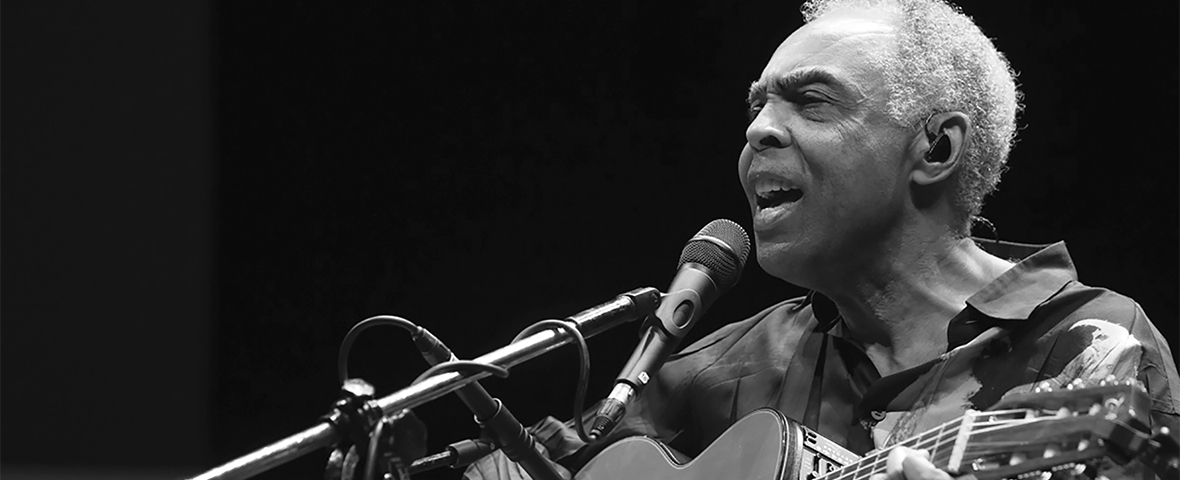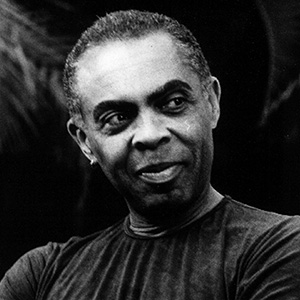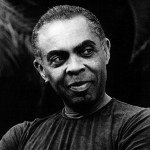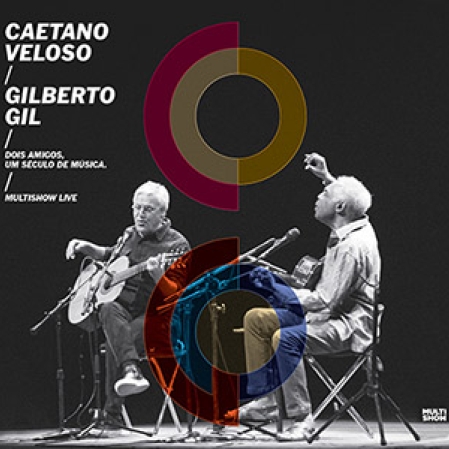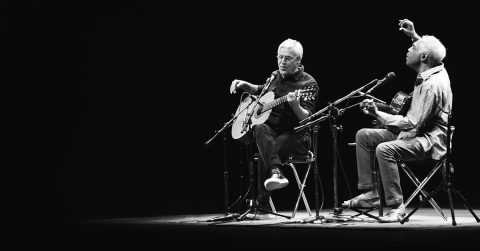Grammy-winning Brazilian singer, songwriter, guitarist, and activist Gilberto Gil is recognized for his far-reaching musical influence both at home and abroad. Gil, along with Caetano Veloso, helped found the 1960s tropicália movement in music and politics. Once an exile, Gil would later serve as Brazil's Minister of Culture. In 1994, Nonesuch released Tropicália 2, a 25th-anniversary musical celebration of Gil and Veloso's artistic and personal friendship.
Grammy-winning Brazilian singer, songwriter, guitarist, and activist Gilberto Gil is recognized for his far-reaching musical influence both at home and the world over.
Gil was born in Salvador, Bahia, Brazil, in 1942 and was infatuated with music from a very early age. His musical studies began with the drums and trumpet, but then soon shifted to the accordion, which was his primary instrument for a number of years. Upon hearing João Gilberto, Gil made the switch to guitar.
Since that time Gil's impact on the music of Brazil has been enormous. He, along with Caetano Veloso, helped to found the musical movement tropicália, which combined the broad interests of young Brazilian musicians in the 1960s—both musical and political. The music that Veloso and Gil made was deemed threatening to the authoritarian Brazilian regime in power at the time, and, in 1969, the two were arrested and then forced to leave the country.
Gil has long since returned to his homeland and even served in several political offices, including as Brazil's Minister of Culture from 2003 to 2008. In 1994, Nonesuch released Tropicália 2, a 25th-anniversary musical celebration of Gil and Veloso's artistic and personal friendship, that represented, as Rolling Stone put it, "Brazil's two 50-something songwriting giants at the peak of their powers."
